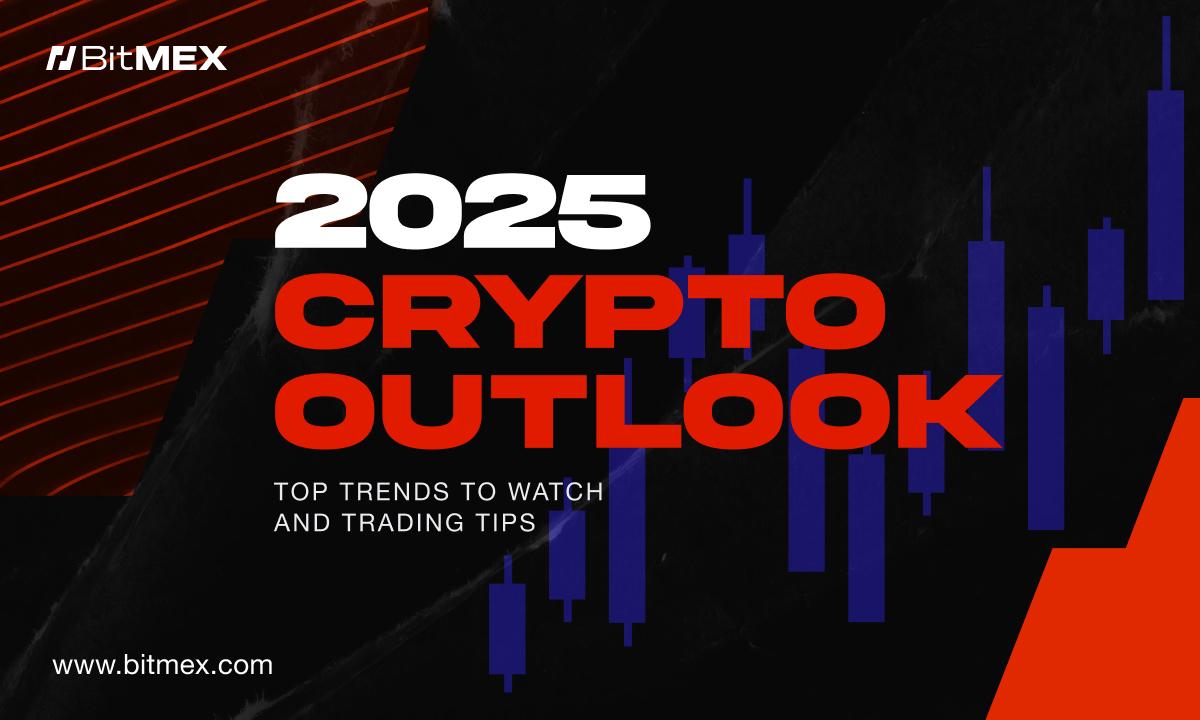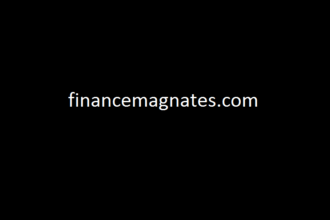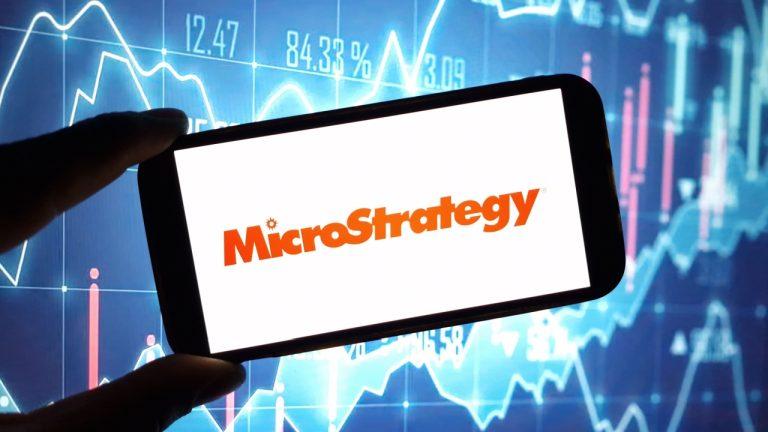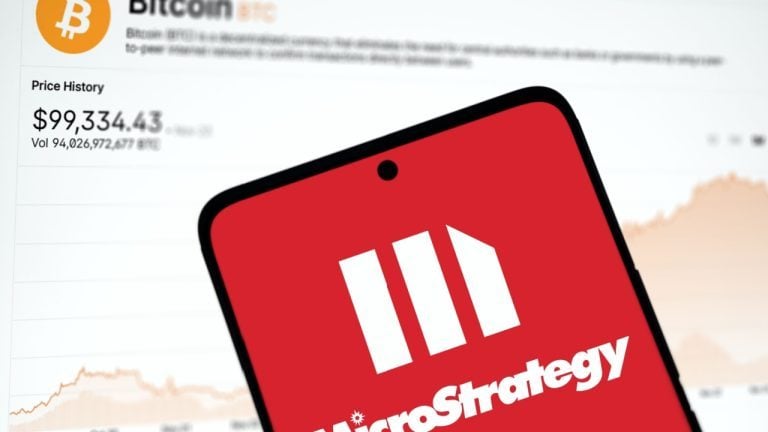Stablecoin usage on Polygon remains high among retail users. This type of activity has kept the chain relevant. It is one of the older L2 chains, working both with its legacy chain and the new Polygon ZK EVM.
Polygon is still one of the primary chains for stablecoin transfers. The L2 has legacy status, mostly based on its collection of apps and games. Based on stablecoin statistics by VISA, it remains a strong venue for stablecoin users.
However, the recent shift toward newer L2 chains affected the status of the original Polygon chain as an already established Web3 tool. Stablecoin balances shifted, with peak activity moving to TRON, Solana, and BNB Smart Chain.
L2 chains lagged behind, mostly enjoying niche usage for DeFi trades or loans. Even Ethereum lagged in terms of activity based on USDT and other stablecoins. Liquidity on L2 is often siloed, meaning the stablecoins on Polygon are not likely to be withdrawn to other networks after bridging.
Notably, most exchanges and brokerages accept the Polygon version of stablecoins.
The network also mostly sees inflows of bridged ETH, valued at $1.27B. It remains among the 5 most active chains in terms of inflows and outflows with Ethereum.
Stablecoin activity continues to thrive
For Polygon, it was a chance to shine as the most active L2 for payments, trading, and opening positions on Polymarket. In the past year, the network carried more than 82M organic transactions, with 4.5M monthly active users on average. The chain supported more than 19M USDT sender wallets and around 14.4M USDC addresses.

Those addresses combined are almost equal to the number of stablecoin wallets interacting on Ethereum and surpass the wallets on Solana. More than 25M wallets on the network receive USDT, and 17.3M wallets are set up for receiving USDC. The balance suggests some of the users may become recipients of remittances or payments.
Polymarket was one of the major contributors to USDC usage, though the platform contributed a smaller number of retail wallets. According to VISA analysis, Polymarket also carries retail traffic and is used as a payment gateway. The dominance of Polymarket shows the effect of a longer history for some of the established Web3 chains. The network’s POS retains most of its top DeFi and DEX apps despite an Aave proposal to leave the chain.
Most of the stablecoins on Polygon are still on the legacy proof-of-stake network. That chain carries $1.76B in stablecoin liquidity, of which USDT accounts for around $426M. In comparison, Polygon ZK EVM carries just $2.1M in stablecoin liquidity, as the chain is still competing with other new L2.
Polygon also carries USDC, used on some of its DeFi protocols. For the main proof-of-stake chain, Aave and Polymarket make up the busiest apps with the largest value locked. The network also carries versions of DEX apps and liquidity protocols. The chain hosts some of the RWA tokens by BlackRock’s BUIDL project, as well as Franklin Templeton’s assets.
Polygon seeks revival through AI activities
Polygon aims to regain its relevance after losing the activity from play-to-earn games and NFTs. The chain is still lagging behind newer platforms that emerged after the 2022 bear market. It retains some activity from its top games, including Sunflower Land, Galxe, and Planet IX.
The next move for Polygon is to host AI agent launchpads. It announced that it will now host the ELIZA framework by AI16Z.
AI lives on Polygon.@ElizaOS_ai framework, by @ai16zdao, is now live! https://t.co/lHz341ioXi
— Polygon (※,※) (@0xPolygon) January 14, 2025
In addition to onboarding ELIZA, Polygon announced the beginning of its Season 2 community grant. This time, the supported projects will include two AI tracks as a main theme, with additional grants for AI infrastructure.
Polygon will receive applications until April 15 and will distribute 35M POL tokens contributed by the top 10 ecosystem donors. The funds will go toward new or migrating projects.
Despite the robust liquidity and new use cases, the native POL token is still showing weakness. POL traded at $0.45, near its lower range for the past month. POL is a utility token for activity fees, though the network allows for fee payment through stablecoins.
From Zero to Web3 Pro: Your 90-Day Career Launch Plan
News – Cryptopolitan – Read More









